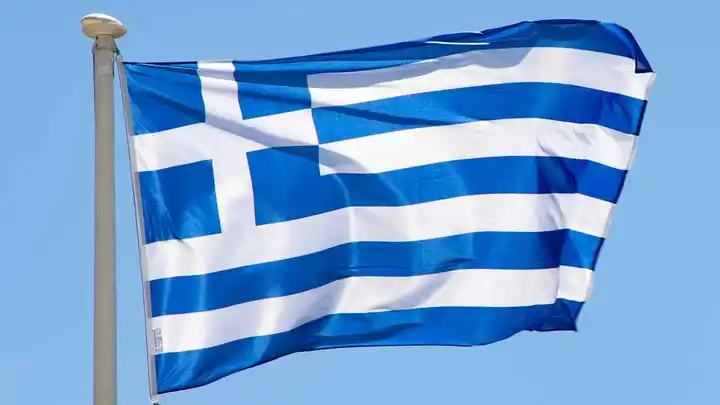In a controversial move, Greece’s conservative ruling party has announced Fredi Beleris, a convicted politician from Albania’s ethnic Greek minority, as a candidate for the upcoming European Parliament election. This decision has intensified the strained relations between Greece and Albania, spotlighting broader geopolitical tensions and the complexities of EU accession for Balkan countries.
Conviction and Candidacy:
Fredi Beleris: From Conviction to Candidacy
Fredi Beleris, recently elected as mayor of Himare, a southern town in Albania, faced arrest shortly after his election due to allegations of vote-buying. Although not formally inaugurated into his mayoral position, Beleris was sentenced to two years in prison this March. Despite his conviction and ongoing imprisonment, Beleris was added to Greece’s governing New Democracy party’s candidate list for the European Parliament election scheduled between June 6-9.
Political and Diplomatic Ramifications:
A Contentious Nomination Stirring Diplomatic Tensions
Despite its legal troubles, Greece’s decision to support Belarus has been contentious. The Greek government has criticized his pre-trial detention as “unfair” and even threatened to block Albania’s efforts to join the European Union. This political maneuver by Greece could be seen as an assertion of support for ethnic Greeks in Albania and a challenge to Albania’s judicial processes.
Regional Implications and EU Dynamics:
EU Aspirations and Regional Stability Under Scrutiny
Beleris’ candidacy occurs amid significant geopolitical shifts, including heightened concerns over regional stability due to Russia’s invasion of Ukraine. Six Western Balkan countries, including Albania, are vying for EU membership, a process fraught with challenges and heightened scrutiny. Beleris himself has framed his candidacy as a broader fight for democracy and the rule of law, principles he asserts are essential for integration into the European fold.
Greece and Albania: A Fraught Historical Relationship
The background of tense Greek-Albanian relations dates back to the early 1990s, following the fall of communism in Albania. Athens has long criticized Tirana for the slow restoration of rights to the ethnic Greek minority, which numbers over 100,000, many of whom hold dual citizenship. This longstanding grievance is an undercurrent in the current political drama involving Beleris.
Greece’s New Democracy party’s inclusion of Fredi Beleris as a candidate in the European Parliament election is a political decision and a symbol of deeper historical and regional complexities. As this development unfolds, it will undoubtedly impact Greek-Albanian relations and could influence the broader dialogue on democracy and legal standards within the European Union. The situation encapsulates the ongoing struggles for rights, recognition, and stability in the Balkans, testing the EU’s cohesion and principles in the face of internal and external pressures.







